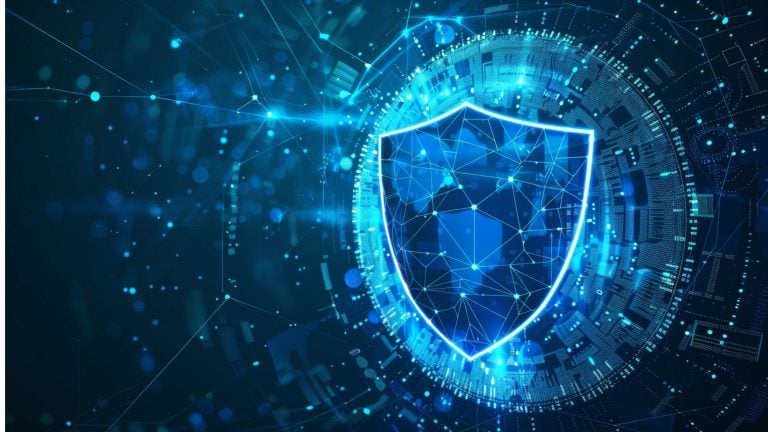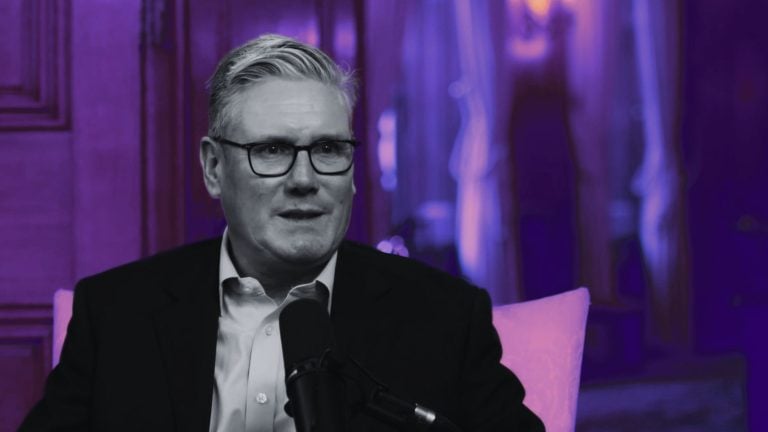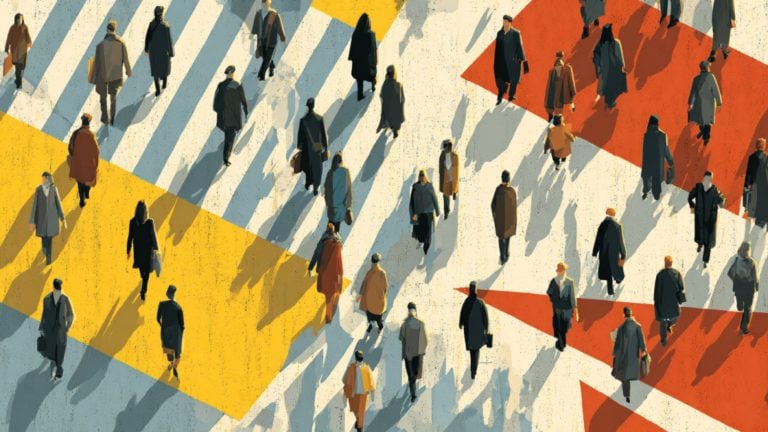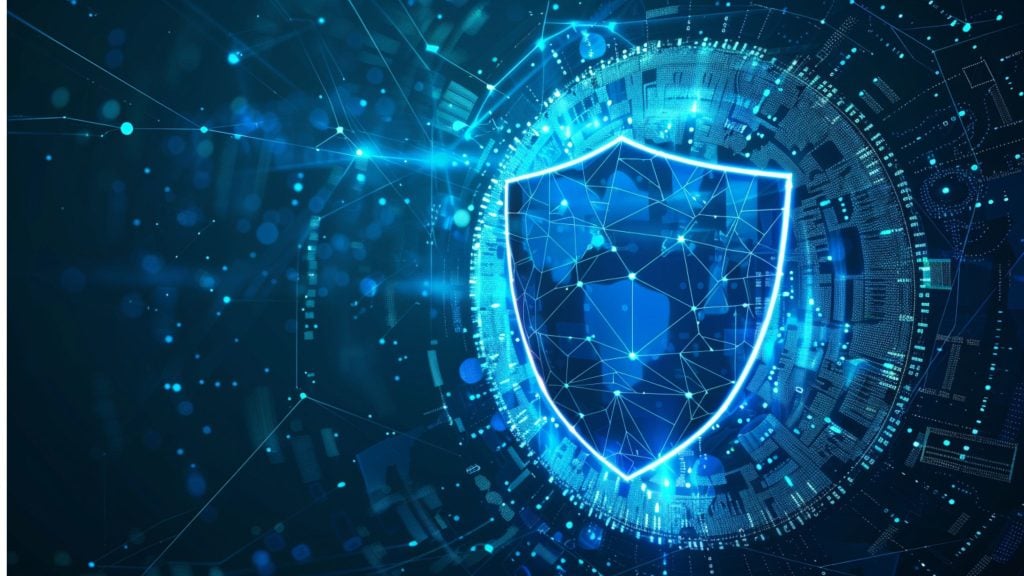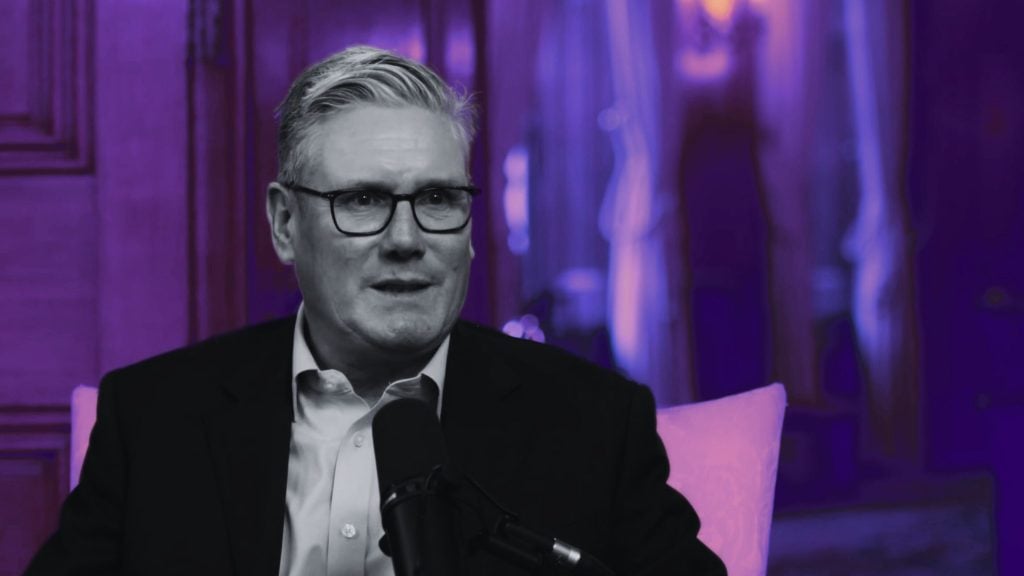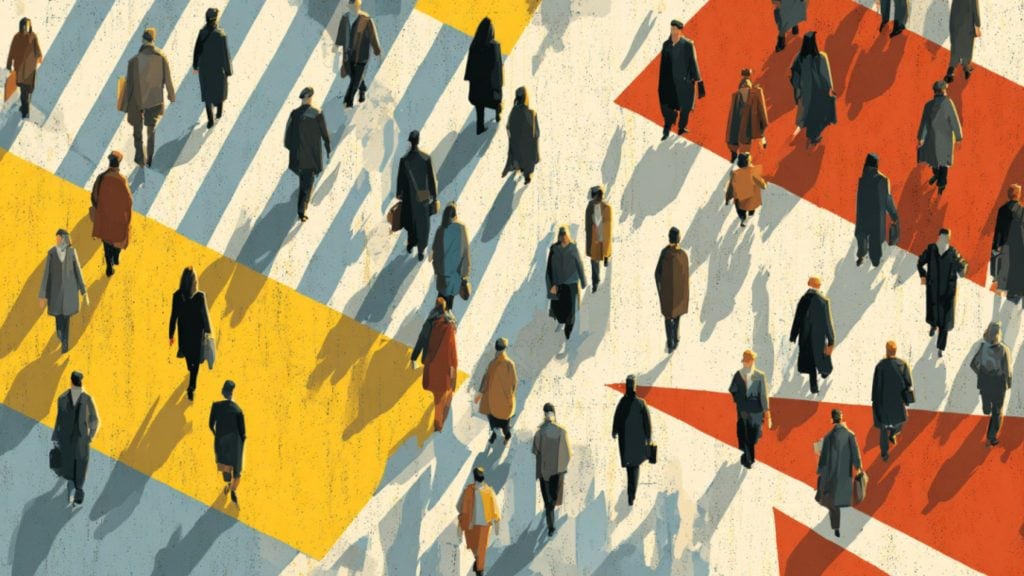In a cutting examination of the nation’s COVID-era state of civil liberties, Supreme Court Justice Neil Gorsuch leveraged a statement in a contentious Title 42 public health order lawsuit to deliver a sobering critique of the surveillance and censorship that pervaded the era.
“One lesson might be this: Fear and the desire for safety are powerful forces. They can lead to a clamor for action—almost any action—as long as someone does something to address a perceived threat,” the justice wrote.
“A leader or an expert who claims he can fix everything, if only we do exactly as he says, can prove an irresistible force. We do not need to confront a bayonet, we need only a nudge, before we willingly abandon the nicety of requiring laws to be adopted by our legislative representatives and accept rule by decree.”
A leader or an authority figure presenting themselves as the solution, promising to resolve all issues, can become an unstoppable force in the face of such fear mongering, Justice Gorsuch wrote.
As Gorsuch dissected the legal complexities surrounding Title 42, he turned his scrutiny to the nation’s pandemic response, arguing that the lawsuit encapsulated the chaotic upheaval witnessed over the last three years in terms of law-making and civil liberties.
The Justice did not shy away from suggesting that America may have suffered the one of the most significant civil liberties violations in the nation’s recent history.
“Make no mistake—decisive executive action is sometimes necessary and appropriate. But if emergency decrees promise to solve some problems, they threaten to generate others. And rule by indefinite emergency edict risks leaving all of us with a shell of a democracy and civil liberties just as hollow,” he wrote.
At the federal level, Gorsuch pointed out not just immigration orders, but also vaccine mandates, landlord-tenant regulations, and the pressure exerted on social media platforms to clamp down on “misinformation.”
Gorsuch’s comments on social media censorship are referring to a major lawsuit, Missouri v. Biden, which accuses the Biden admin of violating the First Amendment by colluding with Big Tech to censor. Biden has tried and failed to have the suit dismissed.
Moreover, he shone a critical light on the courts, arguing, “In some cases, like this one, courts even allowed themselves to be used to perpetuate emergency public-health decrees for collateral purposes, itself a form of emergency-lawmaking-by-litigation.”
Another crucial takeaway from the pandemic, Gorsuch posited, was the perils of consolidating power. While it may be effective and occasionally popular, he cautioned that it does not cultivate sound governance.
Highlighting the importance of democratic processes, he opined that decisions borne out of legislative deliberation generally supersede those made impulsively by a select few. He also advocated for state officials to reassess the breadth of emergency powers.


